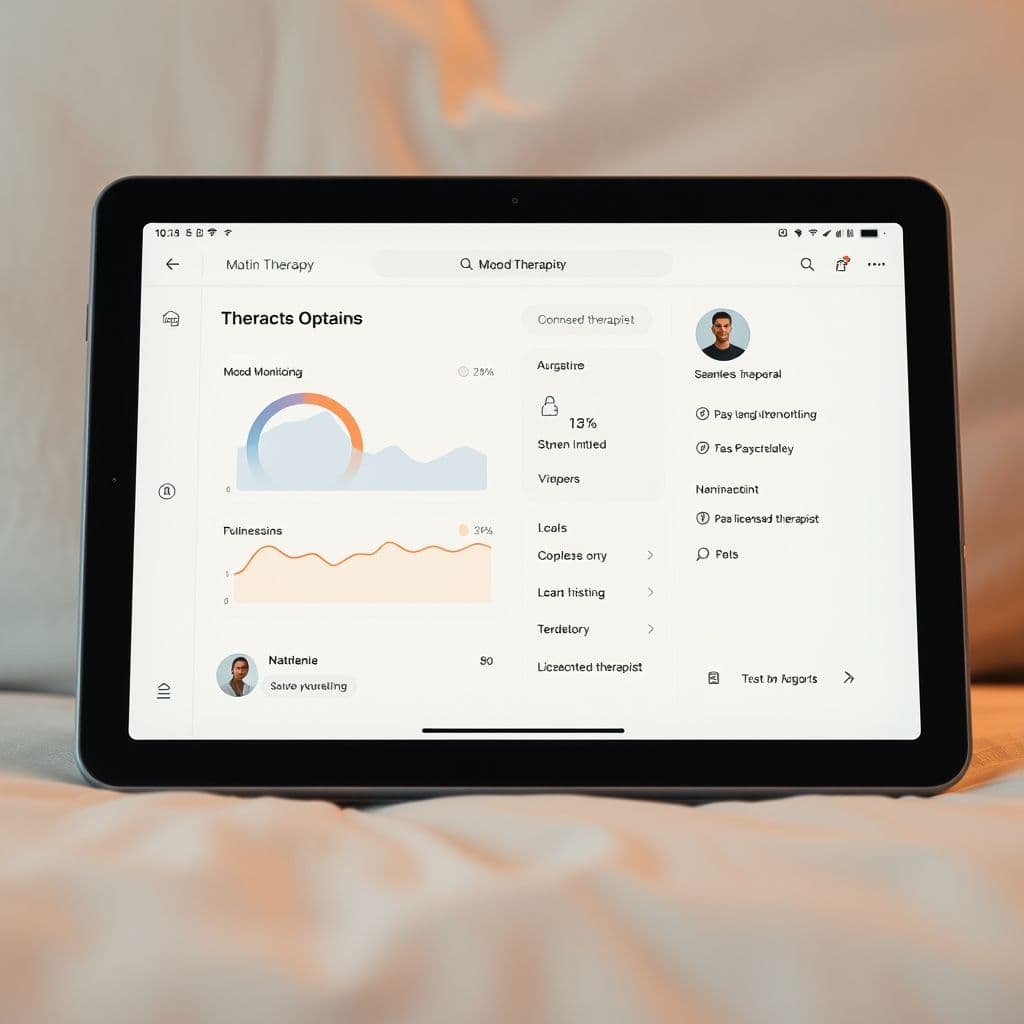The Rise of AI Emotional Support: A Growing Mental Health Concern

In an era where human connections are increasingly digital, a surprising trend has emerged: millions of people, especially younger generations, are turning to AI chatbots like ChatGPT for emotional support. This shift raises critical questions about the state of mental health care and the role technology plays in filling the gaps left by traditional systems.
The Problem: Why Are People Turning to AI for Emotional Support?
Recent studies and anecdotal evidence highlight a growing reliance on AI for emotional and mental health support. The reasons are multifaceted: the high cost of therapy, the lack of accessible mental health resources, and the perceived non-judgmental nature of AI interactions. For many, AI provides a readily available outlet for expressing feelings and seeking comfort, especially in moments when human support is absent or insufficient.
However, this dependence on AI comes with risks. Reports of 'ChatGPT-induced psychosis' and other mental health complications are emerging, where users develop unhealthy attachments or delusions based on their interactions with chatbots. The absence of human empathy and the potential for misinterpretation in AI responses can exacerbate existing mental health issues or create new ones.

A Hypothetical SaaS Solution: Bridging the Gap in Mental Health Support
Imagine a SaaS platform designed to provide safe, effective, and personalized emotional support through AI. This hypothetical solution would integrate advanced natural language processing with mental health expertise to offer guided conversations, mood tracking, and resource recommendations. Unlike generic chatbots, this platform would be built with safeguards to prevent dependency and ensure responses are aligned with therapeutic best practices.
Key features could include real-time mood analysis, crisis intervention alerts, and seamless integration with human therapists when needed. The platform would prioritize user safety by incorporating ethical AI guidelines and continuous monitoring to detect and address harmful patterns of use.

Potential Use Cases and Benefits
Such a platform could serve diverse needs: from individuals in remote areas with limited access to mental health services, to those seeking interim support between therapy sessions. It could also provide a valuable tool for parents and educators to monitor and support the emotional well-being of younger users, offering early intervention when signs of distress are detected.
By combining the immediacy and accessibility of AI with the depth and safety of professional mental health care, this SaaS idea represents a potential middle ground—leveraging technology to enhance, rather than replace, human connection and support.
Conclusion
The trend of seeking emotional support from AI underscores a critical gap in our mental health infrastructure. While technology like ChatGPT offers temporary solace, a thoughtfully designed SaaS solution could provide a more sustainable and safe alternative. As we navigate this digital age, the challenge lies in creating tools that support mental health without compromising the human touch that is so essential to healing.
Frequently Asked Questions
- Is relying on AI for emotional support safe?
- While AI can provide immediate comfort, it lacks the empathy and nuanced understanding of a human therapist. A well-designed SaaS platform could mitigate risks by incorporating professional oversight and ethical guidelines.
- How would this SaaS idea differ from existing chatbots?
- Unlike generic chatbots, this hypothetical platform would integrate mental health expertise, safety features, and options for human intervention, ensuring a more balanced and therapeutic user experience.
- Could AI ever replace human therapists?
- AI is unlikely to fully replace human therapists, but it can serve as a complementary tool, offering support and resources when professional help is not immediately available.


